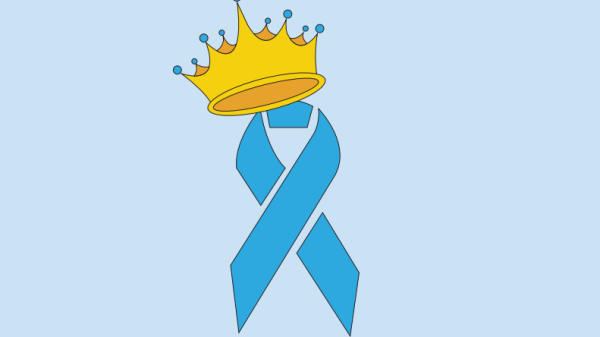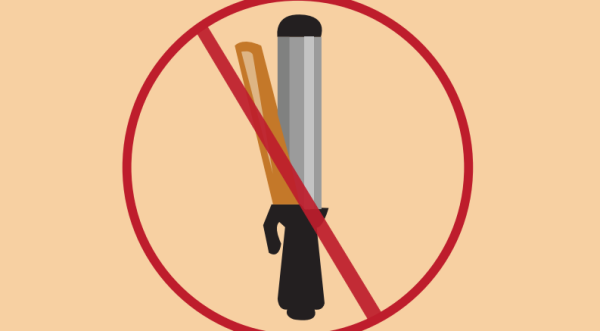A Yuletide Christmas

In a land now old and forgotten on the 21st of December, also known as the Winter Solstice, one of the most ancient and interesting festivities was occurring: Yuletide.
Yuletide has many varying origins, however, it is normally considered the first Christmas and was originally a Pagan holiday celebrated in Scandinavia during the era of Norse Mythology. Now it is solely celebrated by Neo-Pagans.
The most accepted theory of Yuletide is the one involving jol, a Norse festival. This theory states that Yuletide came about because of jol, although the traditions of each vary.
The name “Yule” became synonymous with Christmas around the ninth century and still stands in many cultures today: joulu in Finnish, jol in Icelandic and jul in Norwegian, Danish and Swedish.
“According to the Saga of King Haakon Haraldsson…of Norway…the Norse Yule celebration and Christian Christmas were merged during his reign,” said Britannica.
However, while they merged, the strength of Christianity overtook the Yuletide tradition and became solely known as Christmas. The same happened with the holiday Samhain (pronounced “SAH-win”).
Still, Yuletide is celebrated differently by Neo-Pagans and Wiccans. To Wiccans, Yuletide serves as the second sabbat of the Wheel of the Year, displaying rituals to welcome the returning of the Sun.
In other instances, Yuletide is marked with re-enactments of the battle between the Holly King and the Oak King, which are portrayals of the battle between darkness (the Holly King) and light (the Oak King).
The festivities normally consist of stacking Yule logs and burning them during night, feasting and dancing and drinking throughout the rest of the twelve days. Normal eating customs are centered around large goats and boars, while the drink of choice is normally mead.
Yule singing is also a very prominent part of this cultural festivity, which is most likely how the tradition of caroling from door to door was invented.
While Norse mythology and its traditions have been consumed by Christian ideologies, the festival still has much influence on the modern world.









